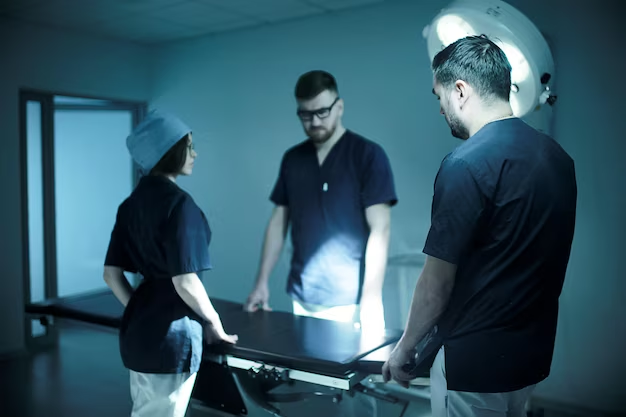How to Become a Morgue Technician: Essential Education and Certifications
Becoming a morgue technician requires a specific set of educational qualifications and certifications that equip professionals with the knowledge and skills to carefully manage and examine deceased individuals. Typically, a prospective morgue technician should begin by pursuing an associate degree in fields such as mortuary science, forensic science, or clinical laboratory science. These programs offer foundational coursework in anatomy, pathology, and laboratory procedures, setting a solid groundwork for more specialized training. While some entry-level positions may not mandate a degree, obtaining relevant certifications significantly enhances job prospects and professional credibility.
Beyond the degree, various certifications and licenses are advantageous in this field. The American Society for Clinical Pathology (ASCP) offers certification as a Pathologists’ Assistant, which validates skills in autopsy assistance and specimen preparation. On-the-job training or a formal academic program accredited by the National Accrediting Agency for Clinical Laboratory Sciences (NAACLS) can also be highly beneficial. By advancing their education and acquiring certifications, aspiring morgue technicians position themselves as competitive candidates ready to undertake the exacting tasks integral to forensic pathology and mortuary science.
Key Degrees, Certifications, and Licenses for Aspiring Morgue Technicians:
- 🎓 Associate Degree in Mortuary Science or Forensic Science
- 📜 Certification from the American Society for Clinical Pathology (ASCP) as a Pathologists’ Assistant
- 🔬 On-the-job Training in a Clinical Laboratory Setting
- 👨🔬 Accreditation from the National Accrediting Agency for Clinical Laboratory Sciences (NAACLS)
Pursuing these educational paths not only fosters skill development but also enhances employability and career advancement in this critical field.

Related Topics
- Becoming Dental Hygienist
- Becoming A Phlebotomist
- Dental Hygienist Duration
- Dialysis Tech Timeline
- Dialysis Technician Timeline
- Flight Paramedic Duration
- Hygienist Timeline
- Become Lab Tech
- Mammography Tech Timeline
- MRI Technologist Duration
- Nurse Technician Timeline
- Pathologist Assistant Timeline
- Pediatric Sonographer Timeline
- Pharm Tech Timeline
- Pharmacy Technician Timeline